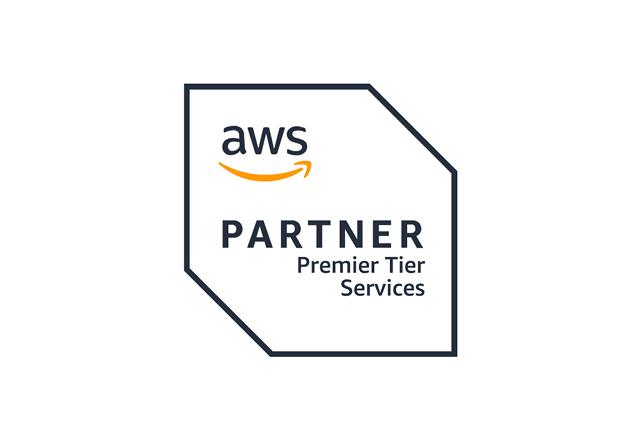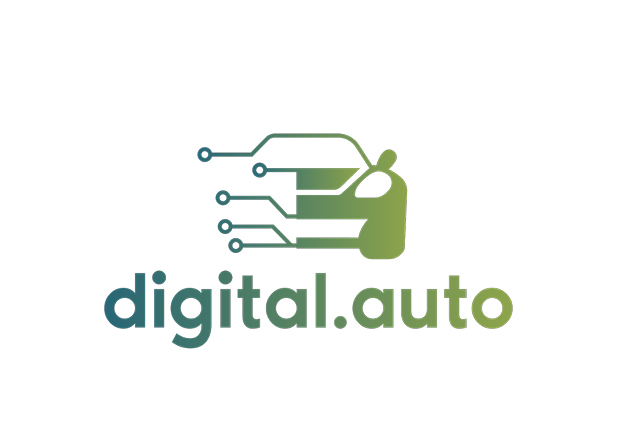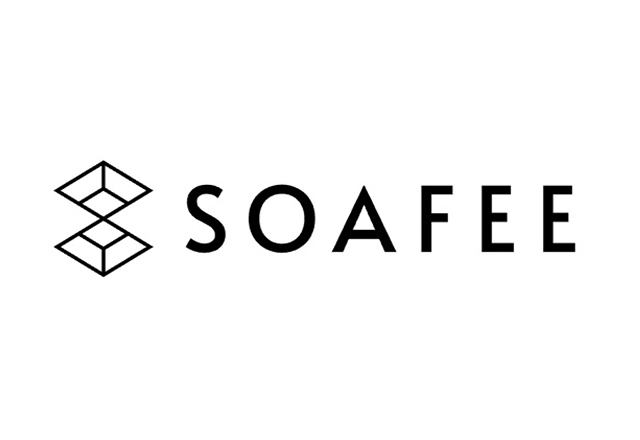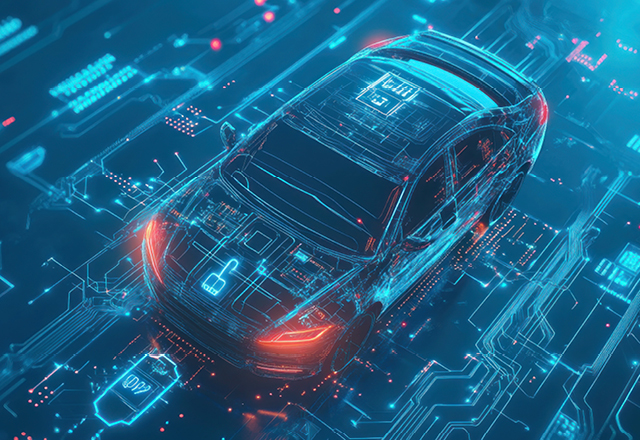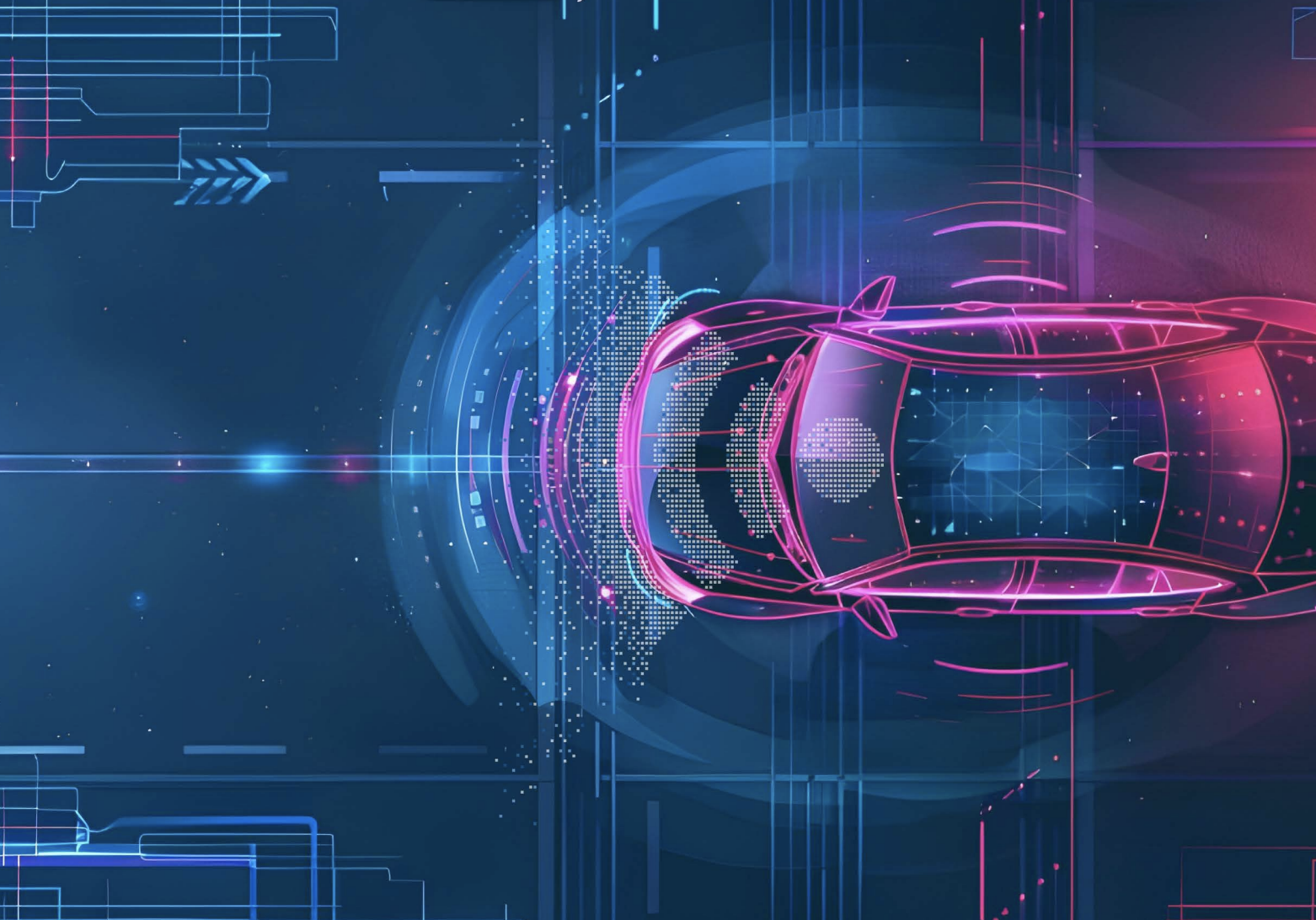

SDV Pulse gives you a comprehensive overview of 46 of the latest developments, emerging technologies and best practices driving the evolution of software-defined vehicles. At the heart of this transformation lies an emerging spirit of collaboration and partnership, with OEMs, automotive companies, technology firms and ecosystem players coming together to co-create the vehicles of tomorrow.
Benefits
Drive efficiencies whilst delivering world-class driver experiences
Leverage our deep knowledge of the latest software technologies, practices and ways of working to drive efficiencies across your software organization whilst delivering truly outstanding SDV experiences.
Continuously deliver exceptional software
SDV development is never complete. Evolve your processes, capabilities and skills to continuously deliver robust, value-driving software.
Prepare for the future of mobility
Get ahead of the SDV curve by embedding the latest software development best practices and adopting transformational technologies like Rust today.
Our services
Develop and deploy innovative in-vehicle software across a huge range of use cases — from infotainment and driver assistance to telematics, mapping and more.
Our unique vehicle software development methodology combines leading practices to accelerate time to market, enhance agility and help you maintain excellence at every stage of the software engineering lifecycle.
Leverage decades of industry-leading software strategy experience and build an SDV strategy that makes the most of today’s emerging trends, opportunities and practices.
Our AI-powered compliance methodology automates documentation and traceability, embedding regulatory expertise directly into your development workflow.
Our AI-driven modernization offering combines advanced code analysis and generative intelligence to rapidly transform legacy automotive embedded systems.
Featured client story

MOIA: Making autonomous ride-pooling a reality using agile practices
''Thoughtworks has helped us create highly efficient teams, increase collaboration throughout our autonomous ride-hailing project, and ensure every team owns the products they’re developing.''
Ralf Sigmund, Chief Technology Officer at MOIA
We operate at the heart of the automotive software ecosystem, bringing together the world’s largest software and cloud companies with the specialist expertise of automotive industry bodies and working groups to create innovative, world-class driver experiences and functionality at scale and pace.
Recommended insights
-
 WebinarOne ecosystem, many plays: Decoding SDV strategies across the industryWatch now
WebinarOne ecosystem, many plays: Decoding SDV strategies across the industryWatch now -
 Client storyDriving innovation and security for the future of software-defined vehiclesRead the client story
Client storyDriving innovation and security for the future of software-defined vehiclesRead the client story -
 PodcastSoftware-defined vehicles: The future of the automotive industry?Listen to podcast
PodcastSoftware-defined vehicles: The future of the automotive industry?Listen to podcast -
 WebinarRust: A game changer in automotive software developmentWatch the webinar
WebinarRust: A game changer in automotive software developmentWatch the webinar -
 BlogWhy the four key metrics are essential in today’s software-driven automotive industryRead blog
BlogWhy the four key metrics are essential in today’s software-driven automotive industryRead blog -
 WebinarInside the SDV revolutionWatch now
WebinarInside the SDV revolutionWatch now















